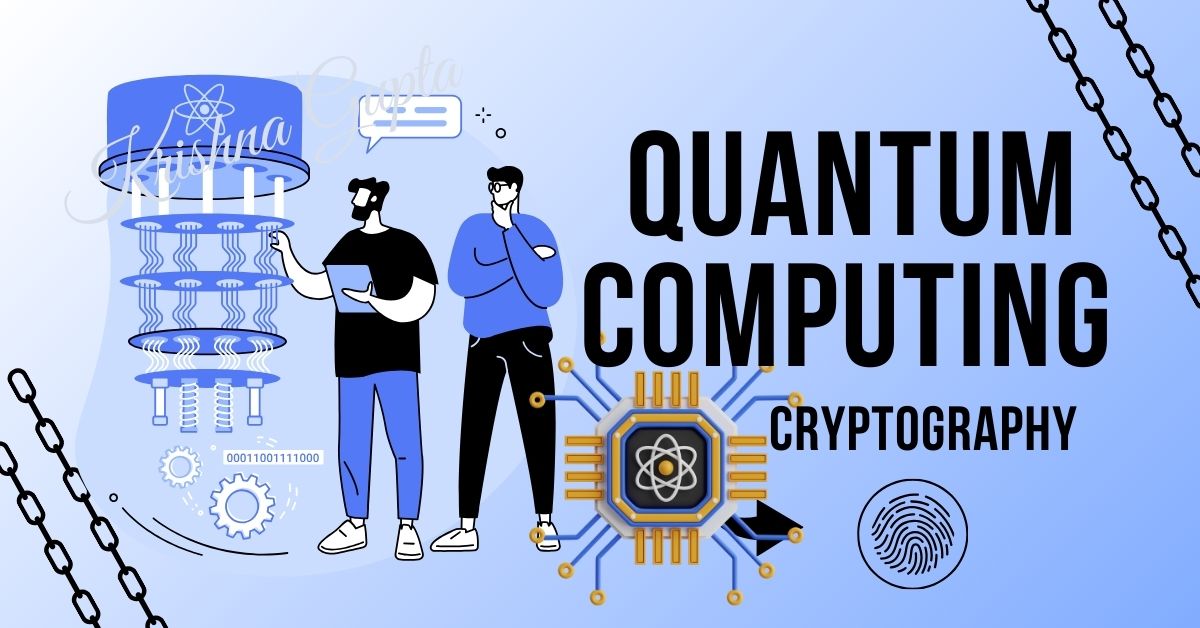Browser-Based Phishing Attacks: A Penetration Tester’s Guide
Browser-based phishing attacks exploit web browsers to deceive users into interacting with fraudulent content. Unlike traditional phishing methods (e.g., emails or SMS), these attacks manipulate browser functionalities, web-based applications, and social engineering tactics to appear legitimate.




